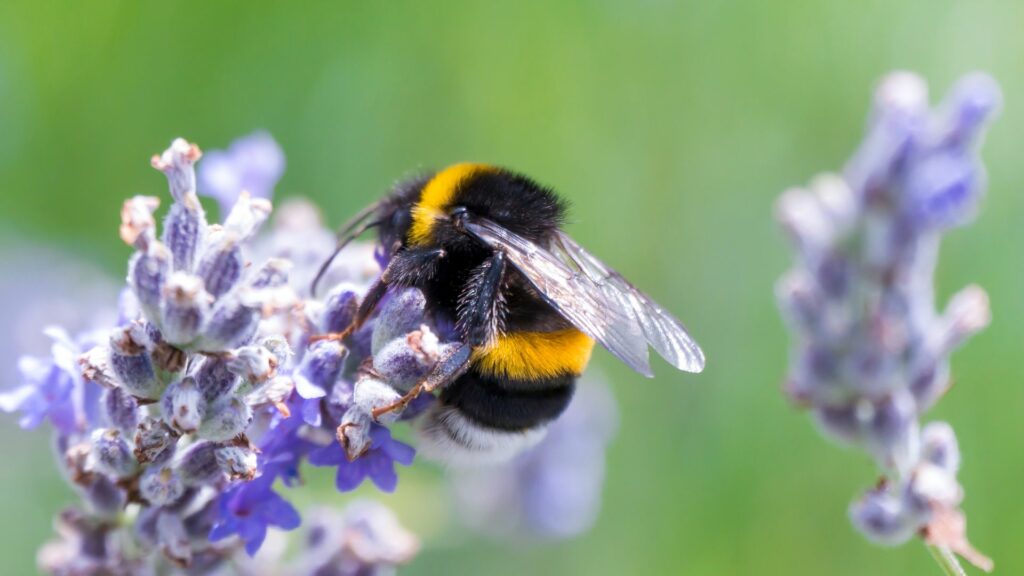The Brussels government has adopted a regional strategy for pollinators which aims to reduce the number of threatened species by 50% and increase the number of species showing a positive evolution by 50% in order to strengthen biodiversity, the guarantor of life on our planet.
The Brussels Strategy for Pollinators and Auxiliary Insects 2023-2030 includes some 50 measures aimed in particular at strengthening knowledge on the state of the different species of pollinating insects, in particular by updating the various existing maps and regularly assessing available food resources.
A second axis outlines many concrete measures to create habitats conducive to pollinating insects, for example by vegetating built-up areas, multiplying flowering strips, especially on berms, reducing the use of pesticides or diversifying plantations in public spaces and improving their management.
Crucial role in crop preservation
These measures are intended to ensure that the insects have sufficient and varied food resources. Thus, thistle and other species of carduids will be rehabilitated in certain green spaces, such as railway embankments, given that bumblebees have a particular interest in them.
The strategy is essentially to disseminate information on good practices to be deployed whether you are a citizen, a beekeeper, a manager, or a garden professional.
Related News
- Humanity on brink of 'biodiversity apocalypse', UN environment chief warns
- COP15: What Belgium needs to do to stop and reverse biodiversity loss by 2030
Its implementation will be coordinated by Brussels Environment. "While pollinating insects are essential for biodiversity, they also play a crucial role in a large proportion of our food crops,” Alain Maron, Minister of the Government of the Brussels-Capital Region, responsible for Climate Change, Environment, Energy and Participatory Democracy, said in a statement.
“Apples, rhubarb, grapes, cauliflower, and asparagus are all foods that would disappear from our plates without the intervention of pollinating insects. In Belgium, more than a third of wild bee and butterfly species have disappeared or are threatened with extinction."

